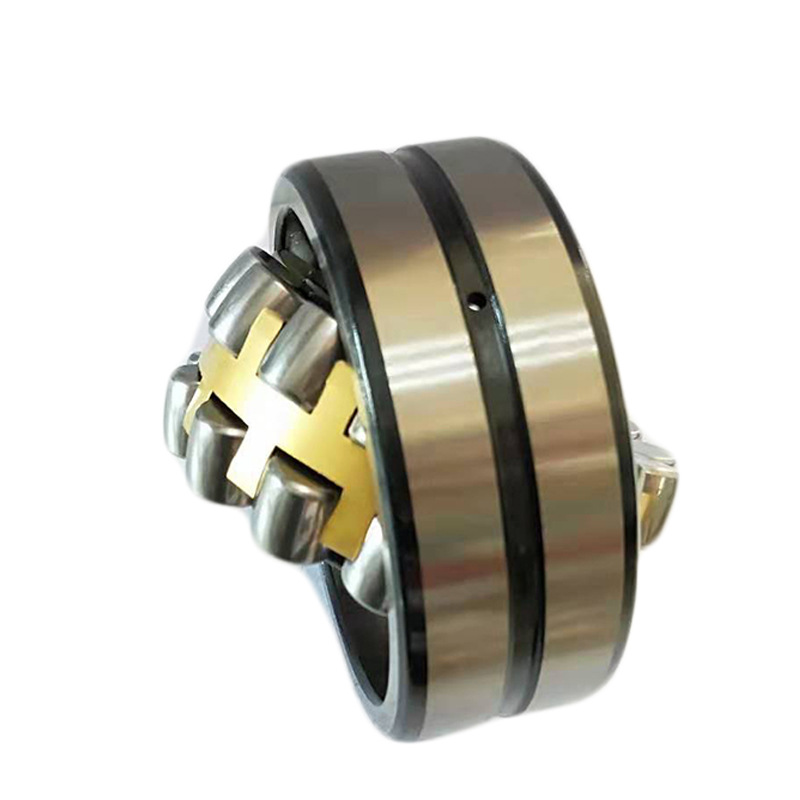ഡിസം . 10, 2024 04:03 Back to list
Bearing Applications in Electric Motor Manufacturing and Design Considerations
Bearings Used in Motor Manufacturing A Comprehensive Overview
Bearings play a crucial role in the performance and longevity of electric motors. They enable smooth rotational movement, reduce friction between moving parts, and support the load of the rotor. Understanding the various types of bearings used in motor manufacturing is essential for engineers and manufacturers aiming to design efficient and reliable motor systems. This article explores the types of bearings commonly used in motors, their importance, and the considerations for selecting the right type.
Types of Bearings in Motors
1. Ball Bearings One of the most widely used types of bearings in motor applications, ball bearings consist of a series of spherical balls placed between two rings. They are known for their ability to handle both radial and axial loads, making them ideal for high-speed applications. Ball bearings are often used in small and medium-sized motors due to their simplicity and effectiveness.
2. Roller Bearings Unlike ball bearings, roller bearings utilize cylindrical rollers instead of balls. These bearings can handle heavier loads and are typically used in larger motors or applications where higher torque is required. There are several sub-types of roller bearings, including tapered roller bearings, which can accommodate both radial and axial loads, and spherical roller bearings, known for their ability to handle misalignment.
3. Sleeve Bearings Also known as plain bearings, sleeve bearings lack rolling elements. Instead, they consist of a cylindrical outer surface and an inner shaft that rotates within. Sleeve bearings are often found in applications where low noise and low maintenance are critical factors. Although they may not handle as high loads or speeds as rolling-element bearings, they are often used in small motors and fans.
4. Magnetic Bearings An innovative option in the world of motor manufacturing, magnetic bearings use magnetic fields to support the rotor without physical contact. This design reduces friction considerably and can result in longer service life and higher efficiency. They are particularly advantageous in high-speed applications and are increasingly being adopted in more advanced motor designs.
Importance of Bearings in Motor Performance
bearing used in motor manufacturer

The selection of the right bearing plays a vital role in the overall performance of electric motors. Key considerations include
- Load Capacity Different applications have different load requirements
. Selecting bearings that can handle the expected load during operation is crucial for the motor’s reliability.- Speed The operating speed of the motor should guide bearing selection. For high-speed applications, bearings that minimize friction and heat generation are essential to prevent overheating and failure.
- Durability and Service Life Bearings must withstand environmental factors such as temperature, humidity, and exposure to corrosive substances. Choosing materials and designs suited for the specific conditions helps ensure longevity.
- Maintenance Some bearings require more maintenance than others. For example, bearings with lubrication ports need regular servicing, while sealed and shielded bearings are often designed to be maintenance-free, making them suitable for applications where access is challenging.
Conclusion
In motor manufacturing, the choice of bearings is a critical factor that influences performance, reliability, and operational costs. With the variety of options available, manufacturers must carefully consider their specific application requirements, including load capacity, speed, durability, and maintenance needs. By understanding the properties and applications of different types of bearings, manufacturers can enhance the design and functionality of their electric motors, leading to improved efficiency and reduced downtime. Whether it's for small appliances, large industrial motors, or cutting-edge technology using magnetic bearings, the right choice of bearing is a foundation upon which dependable motor performance is built. As technology continues to evolve, so too will the advancements in bearing design and material, paving the way for even greater efficiencies in motor manufacturing.
Latest news
-
UCF206-19 Flange Housing Square Bearing Unit – Durable & Easy Installation
NewsJul.23,2025
-
UCF208 Cast Iron Square Bearing Flange Housing Unit for Heavy Duty Applications
NewsJul.22,2025
-
High-Performance 800730 Spherical Bearing for ZF M7 Mixer Reducer
NewsJul.22,2025
-
BB 15-25 One-Way Cam Clutch Bearing | Reliable Sprag Backstop
NewsJul.21,2025
-
25MM 2 BOLT UCFLX05-14 Flange bearing unit( oval)
NewsMar.07,2025
-
4 bolt UCF 200 series Pillow block bearings
NewsMar.07,2025





